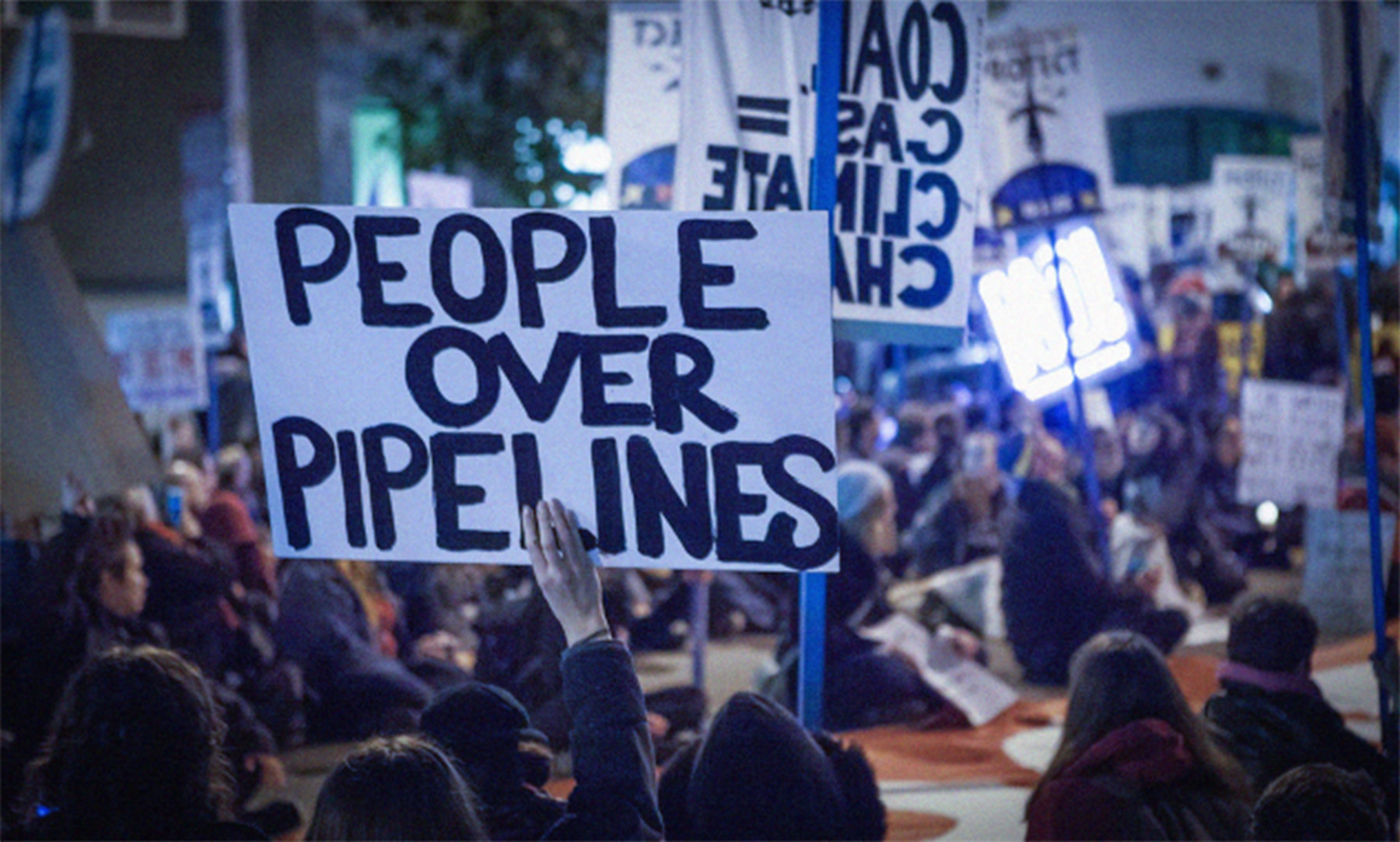A briefing paper from the Trade and Investment Research Project
Read the full report online here.
TC Energy’s $15 billion (USD) Canada-U.S.-Mexico Agreement (CUSMA) lawsuit against the United States—for the Biden administration’s revocation of the Keystone XL pipeline permit—has attracted international condemnation while fuelling a backlash to investor-state dispute settlement (ISDS). Should the Canadian company prevail, it could add to the chilling effect of ISDS on global efforts to address the climate emergency.
At risk of annoying TC Energy, Canada should intervene in this CUSMA legacy ISDS dispute in support of the U.S. argument, which contests the arbitral tribunal’s jurisdiction to hear the case. Canada could do this through a non-party submission to the tribunal backing the U.S. position, or it could seek a binding interpretation of the treaty’s legacy provisions in Annex 14-C from the CUSMA Free Trade Commission. Ideally, Canada would do both.
Throwing out TC Energy’s case early, at the jurisdictional stage, would ensure that at least one, and possibly more, company is not unjustly rewarded for challenging decisions taken in the public interest. Canada has an important role to play in this regard and we hope that, in this instance, the government will prioritize defending democracy and the planet over appeasing the oil and gas industry.
This briefing paper explores what that prioritization might look like, and proposes a number of concrete paths forward for the Canadian government.


